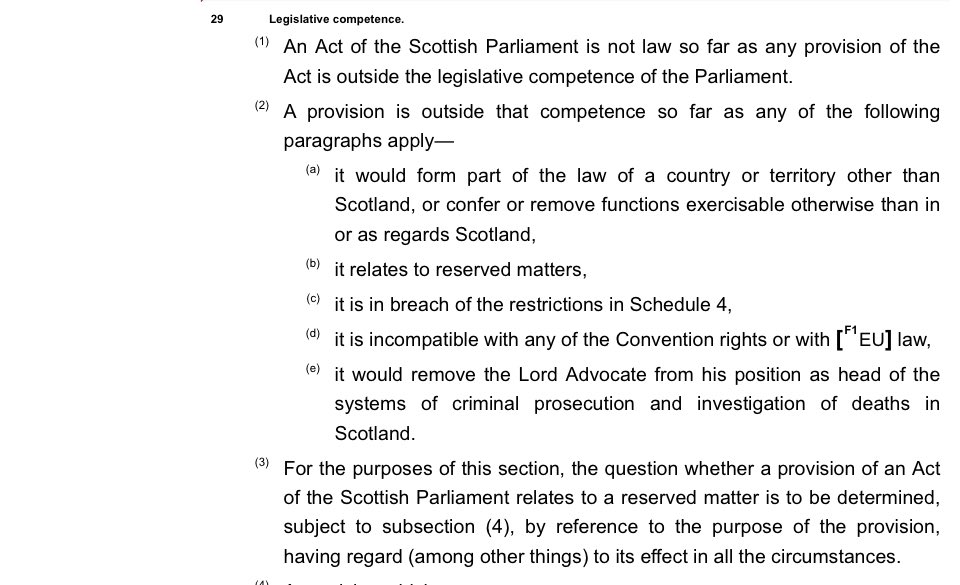
See thread. It is an example what a conceptual cat’s cradle - benefiting no one but lawyers - the current government’s proposals on free speech at universities are likely to be.
https://twitter.com/sundersays/status/1392564059426496517
And another muddle emerges from this excellent interview by @EvanHD: a student body or university will remain free simply to not invite someone to speak at all because (eg) they espouse unpleasant views (and just think about how impossible it would be to make them do so) ...
but if they invite someone who then expresses those views, they can’t disinvite them without risking litigation.
Whatever your views on free speech, hard to see that that is anything but a bit daft.
Interview here.
https://twitter.com/adamwagner1/status/1392604497889972227
(And the Holocaust denial point is just at the edge of the problems you get into if you say you can’t disinvite anyone for any views they may legally expound. What about a Christian group that invites someone to speak who then announces that they advocate Satanism?)
I’m also wholly unconvinced by the “but ~30% of right wingers feel they have had to self-censor” point. (a) As Davis points out, there’s no connection between the proposed new rules and that issue. (b) what does “self-censor” mean?
We’ve all had occasions (with friends/family/at work) where we’ve decided not to express our views in response to something we disagree with. That may be out of fear: but more often it is just not wanting to start an argument, or tact. Both may be described as “self-censorship”.
Unless some effort is made to work out what “self-censorship” actually means, I find it hard to deduce anything much from that survey.
• • •
Missing some Tweet in this thread? You can try to
force a refresh









